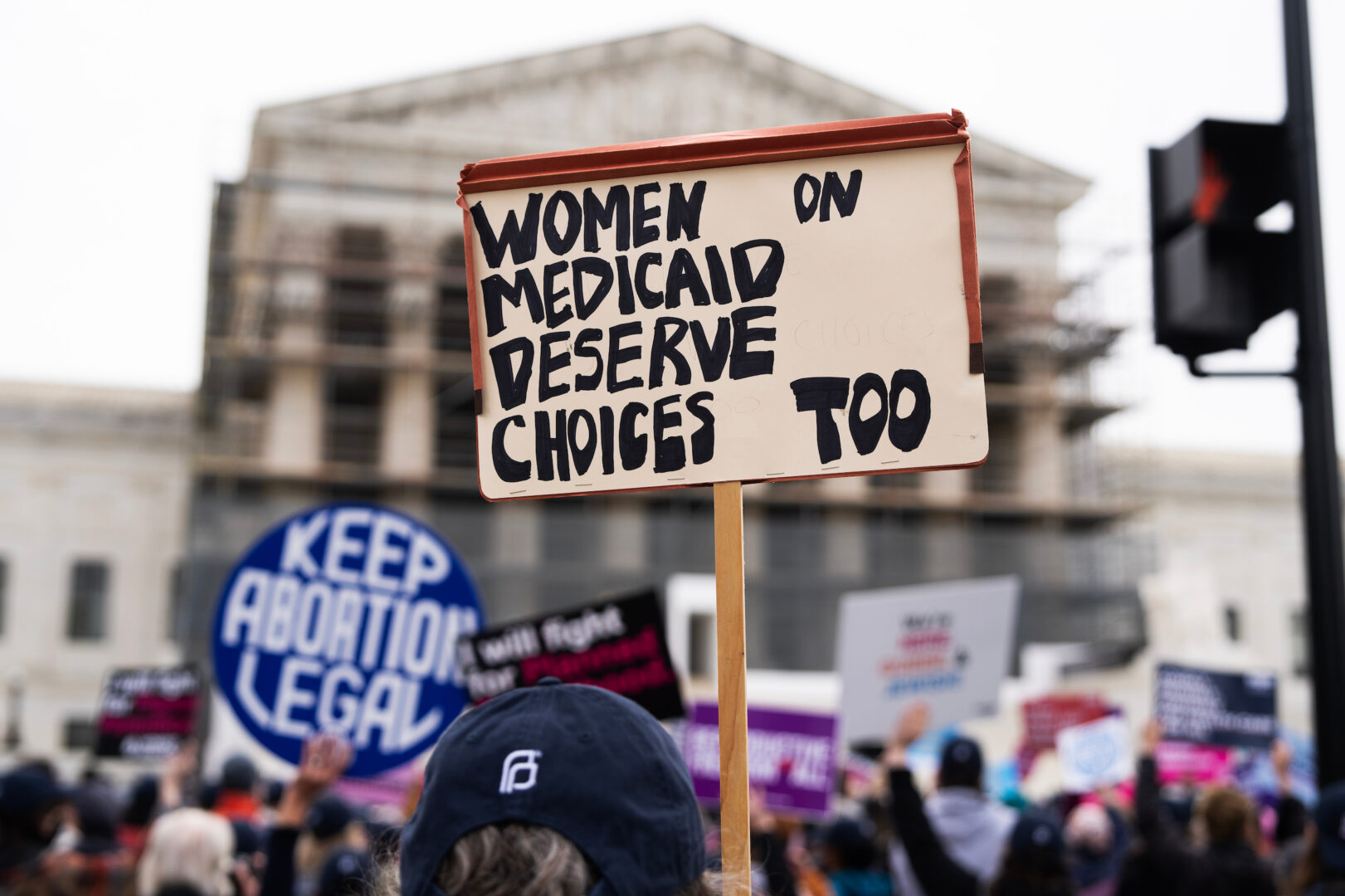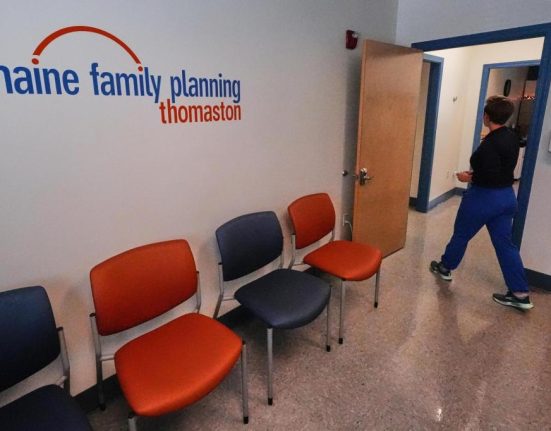A federal judge on Monday denied a request by a Maine family planning provider to block the law that prevents such providers from receiving Medicaid reimbursements for a year if they also offer abortions.
Maine Family Planning, the largest network of reproductive health services providers in Maine, sued the Trump administration last month over the so-called “One Big Beautiful Bill” law passed by congressional Republicans under the budget reconciliation process.
U.S. District Judge Lance Walker of the District Court of Maine, appointed by President Donald Trump in 2018, denied a motion for a preliminary injunction, writing that “Congress is entitled to withhold federal funds and otherwise disassociate from conduct that is not enshrined as a constitutional right.”
Maine Family Planning had argued the ban violates the equal protection clause of the Constitution. Walker said that argument “fails to hold the promise of flight due to several severe jurisprudential headwinds that I am bound to observe, not the least of which are Congress’s power of the purse.”
“Were I to enjoin Defendants against obeying Congress’s funding instructions I cannot say that I would be acting on any basis other than a difference of opinion as to ‘the wisdom, fairness, or logic of legislative choices’, which I have no authority to do,” Walker wrote.
About 7.8 percent of Maine Family Planning’s patients — 645 people — received abortion services in 2024, according to the organization. The clinics also provide other reproductive care services and primary care including cancer screenings.
While Medicaid doesn’t pay for abortions except in very limited circumstances, supporters of the ban argue that money is fungible and indirectly supports abortions even if clinics don’t receive reimbursements for it.
The law targeted providers of family planning services that received more than $800,000 in Medicaid funding in fiscal 2023, language that applies to Planned Parenthood clinics and Maine Family Planning, which operates 18 clinics. The ban is for one year.
Maine Family Planning has said it will only be able to cover the cost of seeing Medicaid patients through Oct. 31, 2025. After that date, it will be unable to see Medicaid patients and some of its clinics might close.
A different federal judge ruled last month that Planned Parenthood can continue receiving Medicaid reimbursements while the lawsuit plays out in court.
The case is The Family Planning Association of Maine v. U.S. Department of Health and Human Services.







